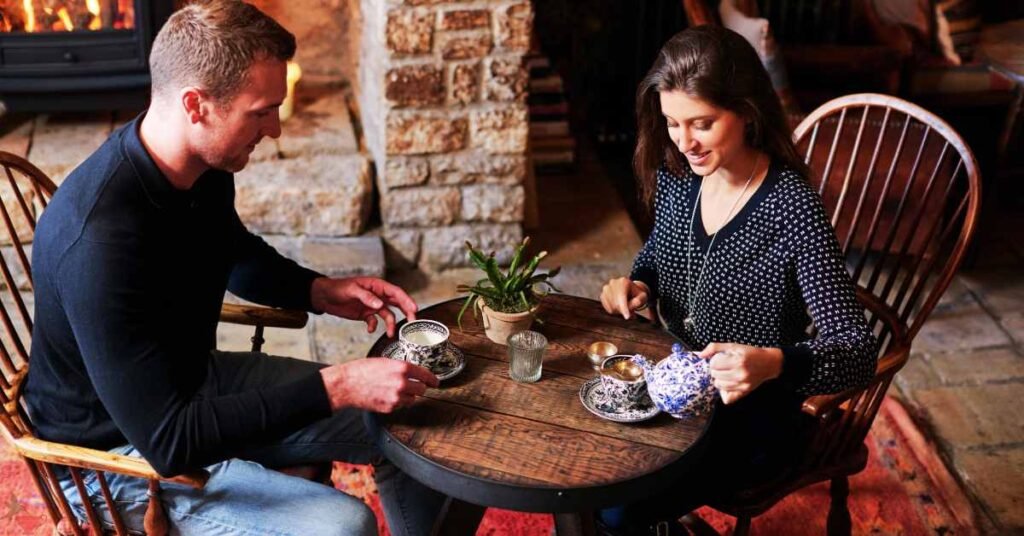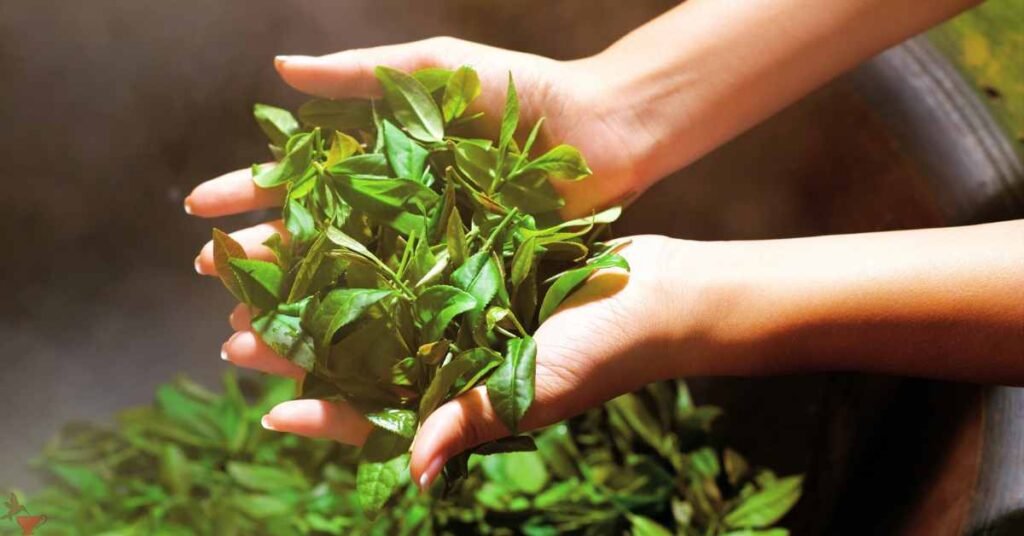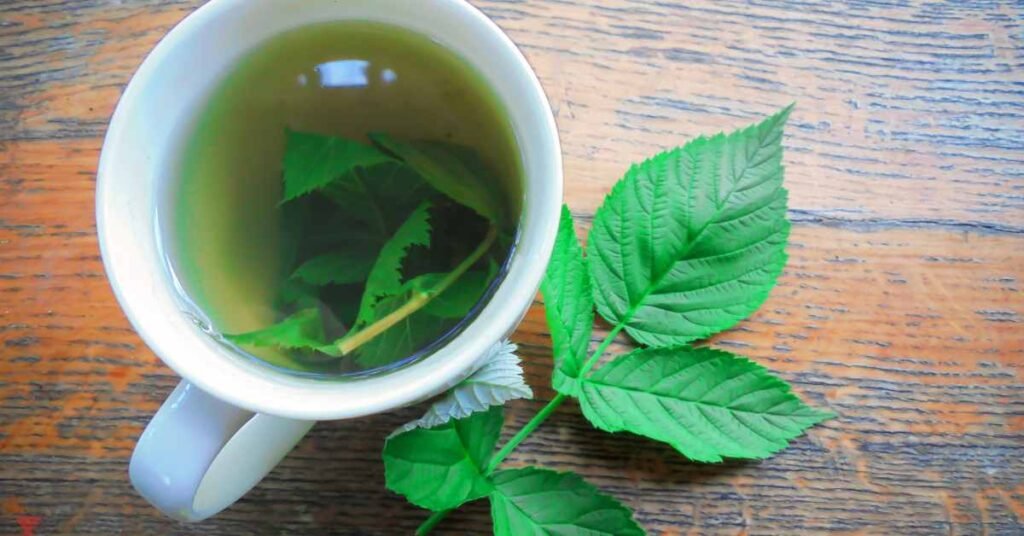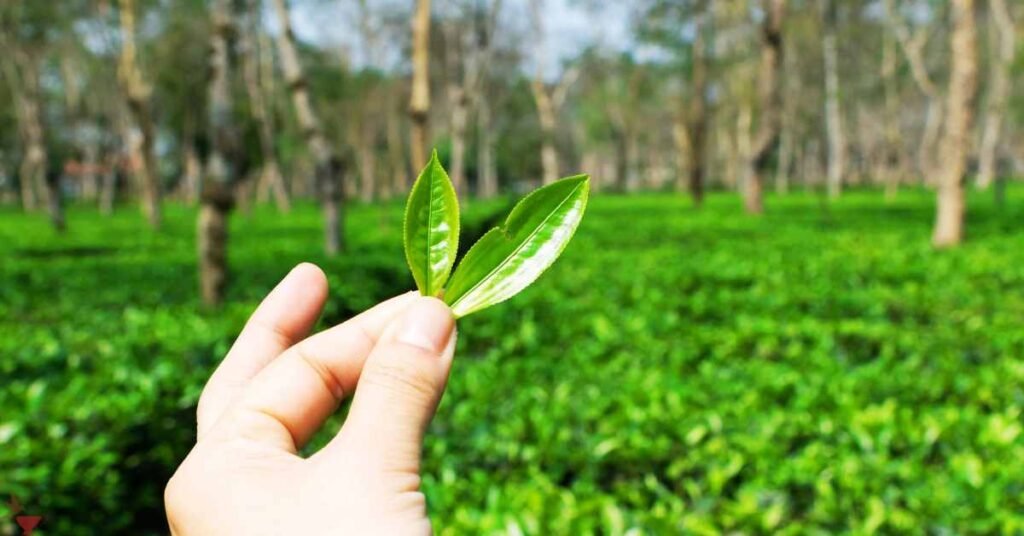In a world where mass-produced products dominate the market, there is a growing appreciation for the unique, handcrafted, and authentic.
This trend extends to the realm of tea, where artisanal teas have gained immense popularity in recent years.
Artisanal teas offer a departure from the ordinary, enticing tea enthusiasts with their exquisite flavors, meticulous production processes, and a touch of tradition.
In this article, we will delve into the world of artisanal teas, exploring what sets them apart and why they have captured the hearts of tea connoisseurs worldwide.
Defining Artisanal Teas

Artisanal teas, also known as specialty teas, are a category of tea that focuses on quality, craftsmanship, and the expression of unique flavors.
These teas are often sourced from specific regions known for their exceptional tea production and are cultivated using traditional methods that have been passed down through generations.
Unlike mass-produced teas, which prioritize quantity and uniformity, artisanal teas emphasize individuality, hand-picked leaves, and small-batch processing.
The Craftsmanship Behind Artisanal Teas
At the heart of artisanal teas lies the craftsmanship involved in their production.
From the cultivation of tea plants to the careful processing of leaves, every step is executed with precision and expertise.
Artisanal tea farmers pay close attention to factors like soil composition, altitude, climate, and harvesting techniques, all of which contribute to the unique flavors and characteristics of the final product.
Hand-picking: Artisanal teas are often hand-picked, ensuring that only the finest leaves are selected.
This meticulous process allows for a more selective harvest, with only the young and tender leaves and buds being plucked, resulting in teas that boast exceptional quality and flavor.
Traditional Processing: Once harvested, artisanal teas are processed using traditional methods that have been perfected over centuries.
These methods may include withering, rolling, oxidizing, and firing, each performed with care to bring out the desired flavor profile.

Unlike mass-produced teas, which rely on mechanized processes, artisanal teas are often crafted in small quantities, allowing for greater attention to detail and quality control.
Unique Flavor Profiles: One of the main attractions of artisanal teas is their extraordinary range of flavors and aromas.
Each tea variety possesses its own distinct characteristics, influenced by factors such as the terroir, climate, processing techniques, and even the skill of the tea master.
From delicate and floral white teas to robust and complex black teas, artisanal teas offer a diverse array of taste experiences that cater to individual preferences.
Exploring Terroir: Artisanal teas are deeply connected to their place of origin, and the concept of terroir plays a significant role in their flavor development.
Factors like soil composition, altitude, temperature, and humidity contribute to the unique flavor profiles of teas from different regions.
This distinctiveness allows tea enthusiasts to embark on a sensory journey, exploring the nuances of teas from various terroirs.
Limited Production and Exclusivity
Artisanal teas are often produced in limited quantities, adding to their allure and exclusivity.
Due to the emphasis on meticulous craftsmanship and the use of high-quality leaves, the production of these teas is more time-consuming and labor-intensive.
As a result, they may be available only during specific seasons or in limited editions, making them highly sought after by tea enthusiasts who appreciate their rarity and uniqueness.
Cultural and Heritage Value

Artisanal teas carry with them a rich cultural and heritage value, deeply rooted in the tea-growing regions where they originate.
The cultivation and production of these teas often reflect time-honored traditions and techniques that have been passed down through generations.
By choosing these teas, consumers not only enjoy a cup of exquisite tea but also become part of the story and legacy behind it.
Health and Wellness Benefits
In addition to their exceptional flavors, artisanal teas are often celebrated for their potential health and wellness benefits.
Many artisanal teas are rich in antioxidants, vitamins, and minerals, which are believed to contribute to various health benefits, including improved digestion, boosted immune function, and stress reduction.
This aspect has further fueled their popularity among health-conscious consumers seeking natural alternatives to conventional beverages.
Final Word
Artisanal teas have carved a special niche in the tea industry, captivating tea enthusiasts with their exceptional flavors, craftsmanship, and cultural significance.
These teas offer a departure from mass-produced offerings, providing consumers with a taste experience that celebrates tradition, rarity, and the art of tea-making.
As the demand for unique and authentic products continues to rise, artisanal teas are poised to thrive, serving as a bridge between the past and the present, and offering a symphony of flavors in every sip.
MEDICAL DISCLAIMER
Itsnevernotteatime.com cannot and does not contain medical/health advice. The medical/health information is provided for general and educational purposes only and is not a substitute for professional advice.




